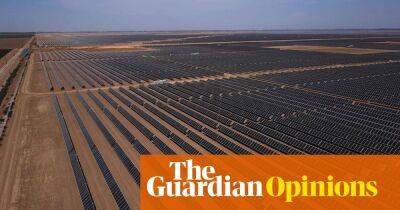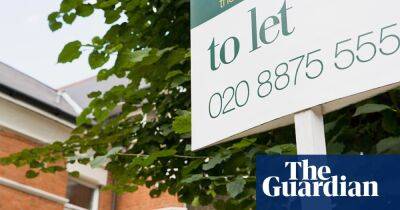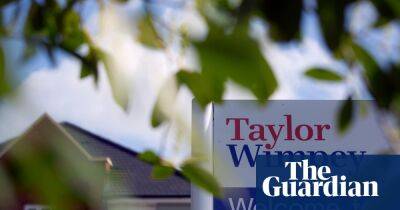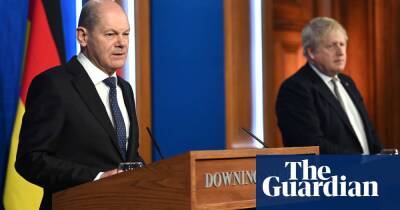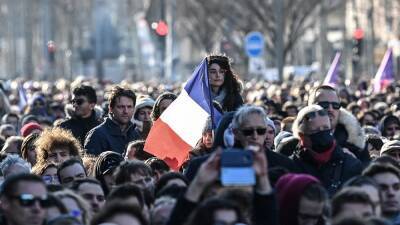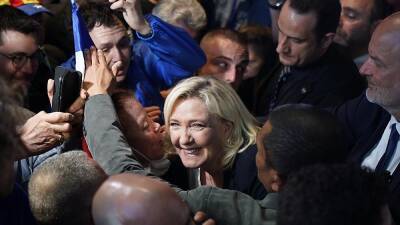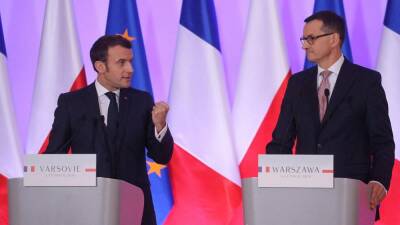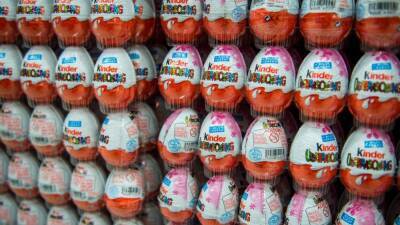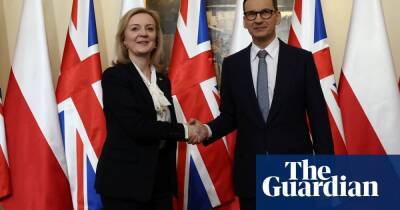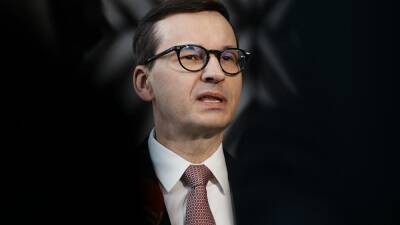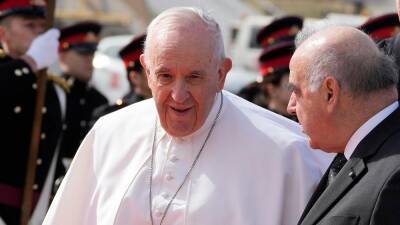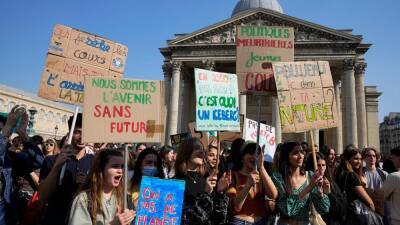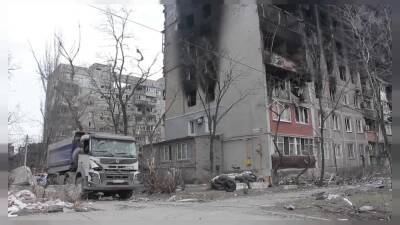Lower inflation, better jobs … in France la vie est belle
While the UK, US and much of the EU are gripped by a cost-of-living crisis heightened by Russia’s invasion of Ukraine, in France, President Emmanuel Macron’s “tariff shield” is helping keep a lid on rising prices.
Inflation there hit 4.5% in March, and while this was up from February’s 3.6%, it remains one of the lowest rates in the industrialised west and well below the UK’s 6.2%, Germany’s 7.3%, Spain’s 9.8% and 11.9% in the Netherlands. A decision last year to limit the amount by which France’s largely state-owned energy companies could raise prices has benefited consumers and taken some of the inflationary pressure off industries that depend on gas and electricity.
In France, where about two-thirds of power comes from Électricité de France’s nuclear plants, the electricity component of inflation has risen by 4% in the past 12 months, but by an average of more than 27% in the eurozone generally.
Yet, in the first round of the presidential election next Sunday, Macron will face criticism from left and right for rocketing diesel prices, which hit the rural poor, and for his attempts over the previous five years to end decades of low growth with a string of pro-business policies.
Recent outrage over his €2.4bn spending on consultants since coming to office, including €1bn with McKinsey of the US, is another headline-grabbing issue drowning out his impressive economic record and denting his lead in the polls.
By most economic yardsticks – national income, business investment, consumer spending, labour supply and rising prices – France sits at or near the top of the pile of rich nations. Contrary to most forecasts, its economy recovered last year to 1% above pre-pandemic levels. The UK is still 0.1% below.
Business investment is
Read more on theguardian.com

 theguardian.com
theguardian.com

